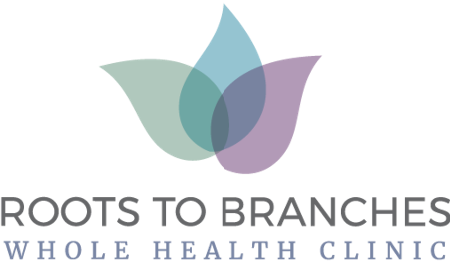Did you know women are TWICE as likely to suffer from sleep disturbances than men?
Want to know one of the main reasons why?
I’ll tell you. 📣 It’s H-O-R-M-O-N-E-S!
- You will see changes in your sleep and temperature during your menstrual cycle after ovulation. Have you ever noticed that your sleep is worse as you get closer to your period? 🩸
- Hormones and sleep have a two-way 🔁 relationship, where disturbed sleep can impact levels of our ovulatory LH hormone (LH is a factor in conditions such as PCOS)
- Pregnancy 🤰🏻 can absolutely negatively impact your sleep – things like insomnia, restless leg syndrome, GERD, and leg cramps can all cause sleep disruptions during this time.
- Obviously, post-partum is a time when sleep can big significantly disrupted! 🍼😬🥱
- And interrupted sleep is a cardinal symptom for women in perimenopause and menopause, which is often associated with symptoms like hot flashes and night sweats. All too often in practice, we see women who were AMAZING sleepers, start to have issues STAYING asleep.
- Lastly, don’t forget the impact of the hormone CORTISOL, from stress, which can also impact our sleep. This is a common culprit for having a hard time falling asleep, waking through the night, and early rising.
So you’re having sleep issues, your hormones are involved, what do you do?
- A few things you can start to improve your sleep (*unless the sleep issues are related to an underlying medical condition), include: go to bed when you are sleepy (this seems obvious, but we often miss our window or try to go to bed too early!), get out of bed at the same time most mornings (the body loves routine, and you are more likely to have disrupted sleep that night if you allow yourself to sleep-in), and stop caffeine intake 12 hours prior to your bedtime (everyone metabolizes coffee differently).
- Address your hormone health! RTB’s Naturopathic Doctors have great diet and lifestyle tools, herbs, and supplements, that can optimize your reproductive and stress hormone health and help you sleep 🛌. In addition, our primary care Nurse Practitioner, Angela McGraw, can help with referrals for sleep studies, and discuss non-hormonal and hormonal (👋 progesterone – more on this later!) to help boost your sleep quantity and quality.
- Pregnancy and post-partum support – Chiropractor, Dr. Stephanie Galea, Physiotherapist Marika (who has additional training on pelvic floor), and our massage therapists love to support your physical body as they change to help keep you comfortable and mobile to encourage a good night’s sleep.
- Breath work and guided imagery have been the most studied relaxation strategies to support insomnia. Talk with one of our Licensed counselling therapists to add to your toolbox and discuss any situational stress that is keeping you up at night.
Isn’t it amazing how integrative health can work?! 🙌😍
Our team at Roots to Branches is eager and well-equipped to support your sleep and hormone health. Book an appointment with one of our team members HERE.
Intrigued but not quite ready? Join our mailing list and get first dibs on women’s health knowledge and tips, class and workshop notifications, and more! Sign up HERE.

